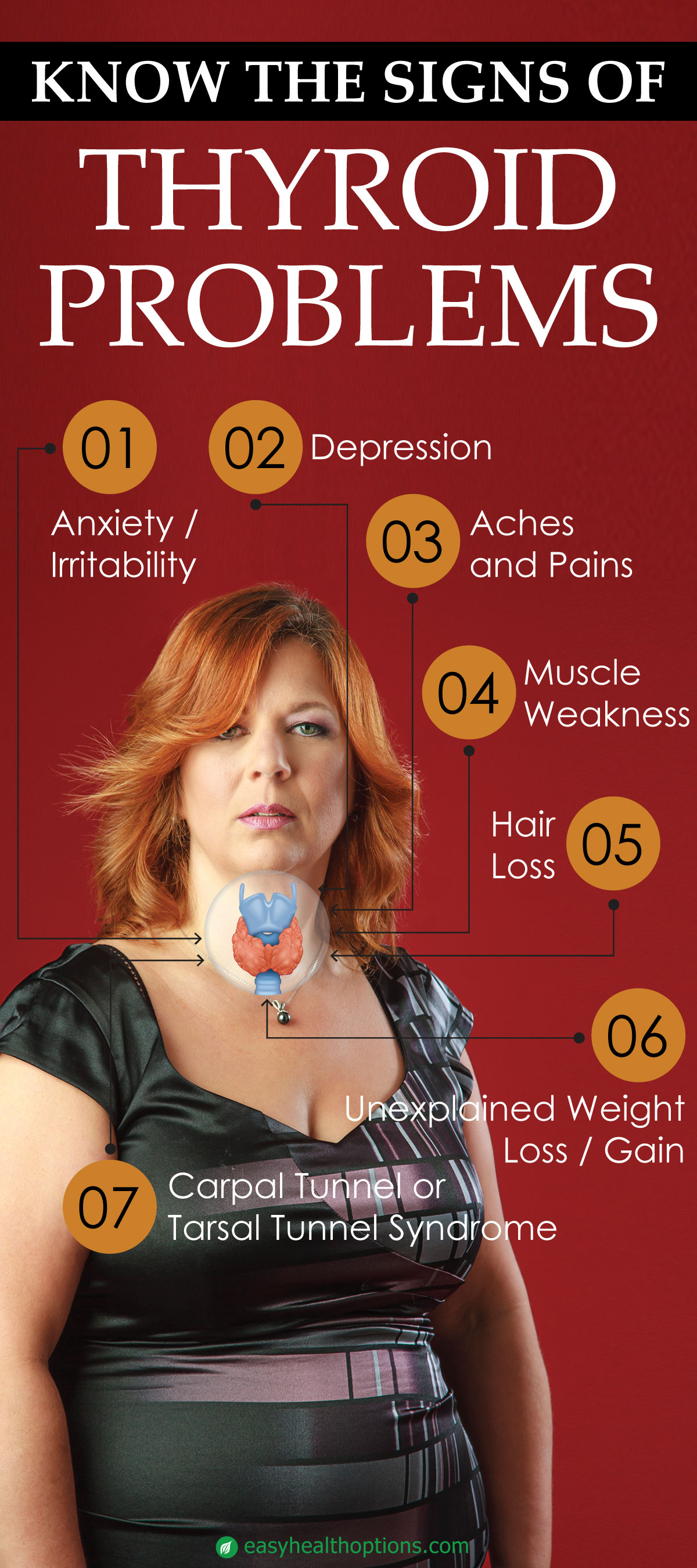

If your body is still growing, check for normal growth. Your doctor will check a sample of your blood to measure your thyroid hormone levels. Your doctor will press on this area gently to feel for changes.ĭo blood tests. They thyroid is in the front part of your neck, just above your voice box (larynx). To check for thyroid problems, your health care provider may do the following during your follow-up care:Įxamine your neck. Radioactive iodine upsets the normal thyroid process.Ĭancer treatment can also cause non-cancerous (benign) lumps called nodules on the thyroid gland. A healthy thyroid gland uses iodine to make its hormones. Radiation therapy with radioactive iodine (RAI or I-131). Interferon-alpha is an example of an immunotherapy drug that may lower thyroid functioning. Some immunotherapy treatments can affect your thyroid. Immunotherapy is a treatment that boosts your body's natural defenses to fight cancer. This includes the drugs sunitinib (Sutent), sorafenib (Nexavar), imatinib (Gleevec), nilotinib (Tasigna) and others. Treatments called tyrosine kinase inhibitors, or TKIs, are an example of targeted therapies that can affect your thyroid gland. Targeted therapy is a treatment that affects specific biomarkers in the cancer. Chemotherapy, especially in high doses before a bone marrow transplant (stem cell transplant), can cause thyroid problems. Whole-body radiation can also cause thyroid problems.Ĭhemotherapy.

This is one of the most common causes of thyroid problems after cancer treatment. Radiation therapy to the head, neck, or upper spine. The hormones are replaced with medication.

This causes thyroid hormone levels to drop. Removing part or all of the thyroid gland is the main treatment for this type of cancer. The types of cancer and cancer treatment that raise your risk of thyroid problems include: However, thyroid problems are also a common side effect of certain types of cancer and cancer treatment. Thyroid problems can happen on their own, whether you have cancer or not. What causes thyroid problems when you have cancer? It is called palliative care or supportive care. Relieving side effects is an important part of cancer care and treatment. Often, the symptoms of a thyroid problem can look like the symptoms of other conditions.

If you have any of the symptoms listed above, tell your doctor or health care team right away. Signs of an overactive thyroid (hyperthyroid) include:Ĭhest pain, fast heart rate, or irregular heartbeat Mood changes, like feeling sad, depressed, or less interested in life than usual Signs of an underactive thyroid (hypothyroid) include: What you feel when you have a thyroid problem depends on if you have an underactive thyroid or an overactive thyroid. What are the signs and symptoms of thyroid problems? Robert Morreale/Visual Explanations, LLC. Copyright 2004 American Society of Clinical Oncology. The right and left lobes each have 2 small parathyroid glands located at the back of the lobe, a superior (upper) and inferior (lower) gland, for a total of 4 parathyroid glands. It has 2 lobes, 1 on each side of the neck, joined by a narrow strip of tissue called the isthmus, with a small pyramidal lobe above the isthmus. The thyroid is located in the front of the neck. The image is a drawing showing the location of the thyroid gland in the human body and the thyroid’s anatomy.


 0 kommentar(er)
0 kommentar(er)
